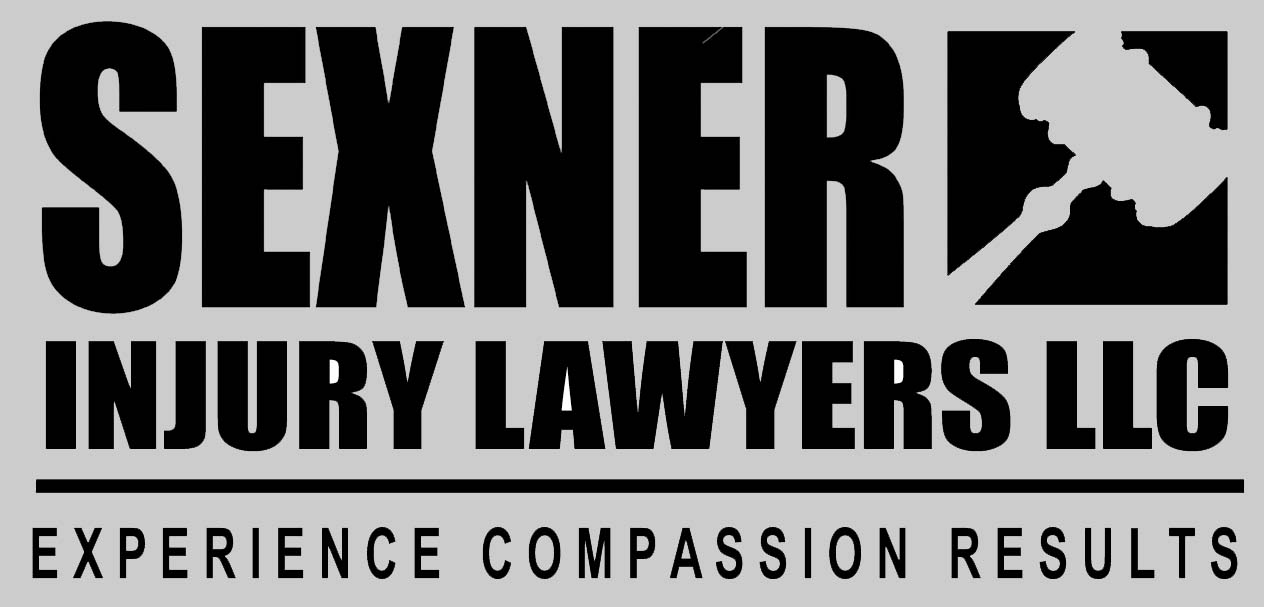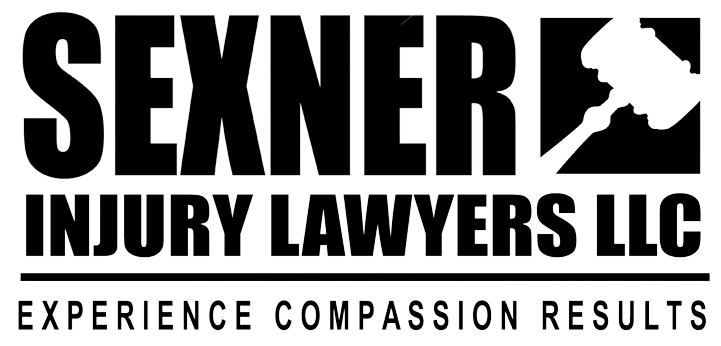Chicago Defective Product Attorneys
A medical device is almost any machine, instrument, apparatus or implant that is used in the diagnosis, treatment, prevention, or cure of any medical condition, injury or disease. Every year, new cutting-edge devices appear on the medical marketplace, promising miraculous and revolutionary advancements in health. These medical devices are undoubtedly created to save lives and to improve the quality of life for patients, but unfortunately, some devices accomplish exactly the opposite.
If you have been injured by a defective device, you may have grounds to seek compensation for malpractice or product liability. The Chicago defective product lawyers of Sexner Injury Lawyers LLC can help you hold the product's manufacturer accountable for the harm it has caused you. Contact us at (312) 243-9922 for a free consultation.
Types of Defective Product Claims
When we speak of defective medical devices, the term “defective” can mean many things. But ultimately, it basically means that the product causes injury or death to the intended user. Some examples of medical products alleged to be defective include:
Defectively Manufactured or Damaged
Defectively manufactured products might include a device which should work as intended, but was damaged somewhere along the manufacturing process. This can occur during manufacture at the facility (due to a machinery malfunction or tooling error), during shipping, during installation at the hospital or doctor’s office, or as a result of improper storage.
Defective Design
A product with an unreasonably dangerous design defect is often manufactured according to plan and without damage, but with a serious flaw that results in an injury to the patient. Sometimes, this design defect is not apparent until the product ages or wears. The design defect may then appear and cause harm. This is especially true if the product has been rushed to market without long-term testing.
Defectively Marketed Devices
Defective marketing refers to incorrect or deceptive marketing used to promote the product. This may include cases where the sales pitch was made directly to the consumer (by way of TV commercials or magazine ads) or to a doctor or hospital. This may also refer to the manufacturer’s failure to give clear and sufficient instructions regarding the proper use of the product, or a failure to give adequate warnings about the product’s dangers. Defective marketing is not limited to information directly from the manufacturer in written materials – it can also include advice from a doctor, a pharmaceutical representative, a hospital or other medical personnel.
Failure to Recall
It is one thing for a manufacturer to inadvertently manufacture a medical device that they truly believed was effective, and entirely another thing to leave a dangerous product on the market once it has been demonstrated to be defective. The first instance is understandable, but the second is immoral and illegal. Under no circumstances should a manufacturer allow a product to do harm once its defective nature has been discovered. It is the legal and moral responsibility of a manufacturer to notify the FDA and the public in a timely manner upon discovery. In certain circumstances, a recall of the product is warranted. If it can be shown that a manufacturer knew about the defect, but either delayed the recall or concealed the existence of the defect, the corporation may also be liable for punitive damages as well.
Commonly Defective Medical Products
The list of dangerous medical devices and drugs is long and grows every year, as the FDA continues to approve new products. Ultimately, the responsibility for dangerous devices lies squarely at the feet of the manufacturer though, not the FDA. Some of the medical products that may cause injury and that Sexner Injury Lawyers LLC may be able to offer assistance on include:
- Accutane (Acne Drug)
- Alere INRatio
- Catheters – Angiographic, Venous, and Thrombectomy
- Antibiotics
- Antidepressants – Praxil, Prozac, and Zoloft
- Antipsychotic drugs
- Bair Hugger warming blankets
- Benicar
- Birth control devices and drugs – Yaz, Essure, NuvaRing, and Bayer Mirena IUD
- Blood thinners – Pradaxa and Xarelto
- Cancer treatment drugs – Taxotere and ZofranTaxotere (docetaxel)
- Chariot Guiding Sheath
- Cochlear implants – Advanced Bionics HiRes 90k
- Cymbalta
- Da Vinci robotic surgical system
- Depakote
- Endologix Stent Graft System
- Fosamax
- GranuFlo and NaturaLyte
- Hip Implants and Replacements
- IVC Filters
- Lipitor
- Physiomesh Hernia Mesh
- Power morcellators
- Prilosec and Reglan
- Propecia
- Rotablator Guidewire
- Spine plates – Stryker OASYS Midline Occiput Plate
- Stockert 3T Heater-Cooler
- Transvaginal Mesh
- Type 2 diabetes treatment – Actos, Avandia, Januvia, Invokana and Takeda Pharmaceuticals
- Viagra
- Vioxx
- Xolair
- Zimmer Knee Replacements
Defective Medical Device & Drug Lawsuits
When our attorneys speak about filing a defective medical device (or drug) lawsuit, we are referring to a lawsuit alleging that the manufacturer (or another company or party in the chain between the manufacturer and patient), negligently designed, sold, or marketed a defective product, and as a result of that defective product (or drug), our client suffered an injury or died. Those that may be the potential subjects of such a lawsuit may include:
- Manufacturer – The company or corporation that designed and created the device or drug
- Testing laboratory – The laboratory that conducted tests or trial or the device or drug
- Medical sales representative – The sales representatives that "sell" the benefits of the device or drug to the doctor or hospital
- Doctor – The doctor may be liable if he or she failed to properly warn the patient about the potential dangers, give adequate warnings, or obtain the patient’s informed consent
- Hospital – The hospital and its medical staff may also be responsible under some circumstances
When the lawsuit alleges that the injury was the result of a dangerous or defective device or drug, then this type of lawsuit is called a "product liability" lawsuit. If the negligence is the result of a doctor or hospital, then the lawsuit would be more properly considered a "medical malpractice" lawsuit. Sometimes, product liability lawsuits are brought on behalf of a single injured party, while other times they are filed as a “class action” (also known as Multi-District Litigation - MDL), which is a lawsuit filed on behalf of a large group of similarly injured people. But in either event, the purpose of the lawsuit is to obtain fair compensation for the pain, suffering and harm that has been caused to the patient and his or her family.
Our Attorneys are Experienced Patient Advocates
Since 1990, our experienced and caring attorneys have advocated on behalf of those harmed by the actions of large medical device and drug manufacturers. The medical industry has much to lose and as such, they defend these cases vigorously. But our attorneys have a proven track record of success and will leave no stone unturned as we aggressively pursue justice on behalf of our deserving clients. There are never any legal fees unless we are successful on your behalf. So call now for free no-obligation information about how we can help you. Our number is (312) 243-9922.

